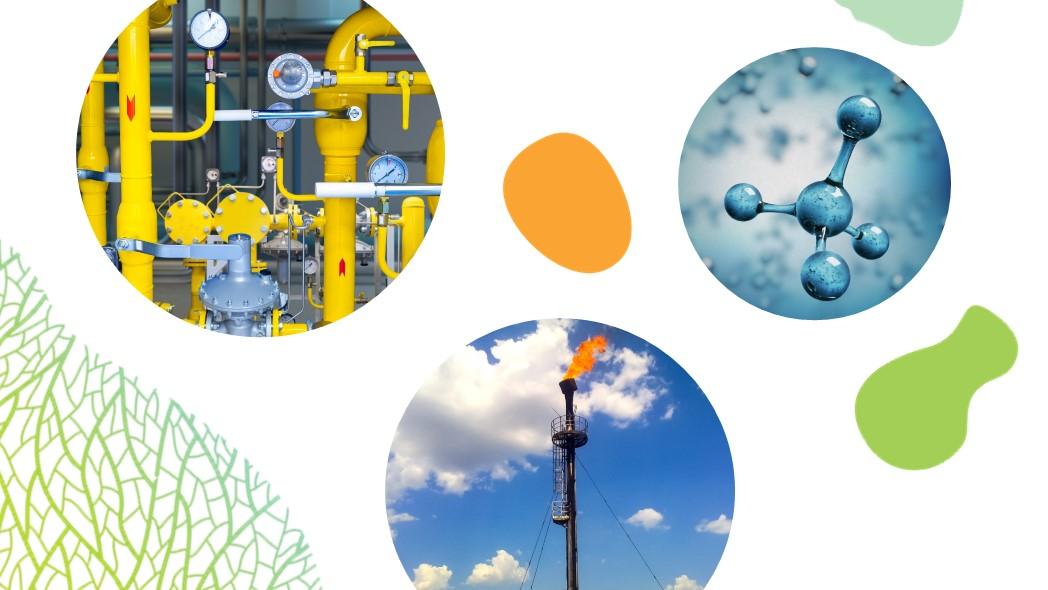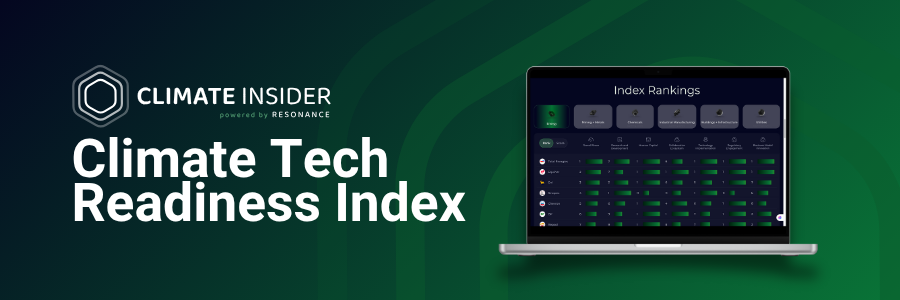On July 15th, 2024, the European Union took a historic step in its climate policy by publishing its first-ever regulation aimed at significantly reducing methane emissions. Officially known as EU 2024/1787, this regulation introduces stringent new standards for methane emissions from fossil fuel operations across all EU Member States.
The regulation also extends its reach to include imports from oil, coal, and natural gas exporters that supply to the EU. Mandating comprehensive controls and monitoring systems, this regulation is designed to curb methane emissions at every stage of the energy supply chain.
This marks the final step before its official implementation. Specifically, it requires that both domestic operators and foreign importers adhere to rigorous reporting and verification protocols. By July 2025, EU Member States must appoint national authorities to oversee compliance and implement these new standards. Additionally, the European Commission will release secondary legislation detailing the reporting requirements for importers.
These measures signal a major commitment by the EU to address not just domestic, but also global methane emissions as part of its broader climate strategy.
The Methane Issue: A Growing Challenge Across the EU
Methane, a greenhouse gas with a warming potential over 80 times greater than carbon dioxide over a 20-year period, has emerged as a significant climate concern. Over the past decades, methane emissions across EU Member States have fluctuated, but overall trends show a troubling increase. The oil and gas sector is a major contributor, with emissions estimates often falling short of actual levels. For example, a study by the European Environment Agency (EEA) in 2023 revealed that methane emissions from this sector were approximately 70% higher than reported figures (EEA, 2023).
Key Challenges

Measurement, Reporting, and Verification (MRV): Ensuring accurate measurement, reporting, and verification of methane emissions remains a significant challenge. Discrepancies between reported and actual emissions often hinder effective management.
Sector-Specific Emissions: The energy sector is a primary source of methane emissions, but agriculture also contributes substantially. Each sector presents unique challenges in monitoring and reduction efforts.
Policy and Regulation: Developing and enforcing comprehensive policies that effectively address methane emissions has been inconsistent across the EU. Achieving uniform implementation of regulations is critical.
Global Supply Chains: Addressing methane emissions in imported fossil fuels requires international cooperation and compliance from exporting countries, which can be complex to manage.
Technological and Economic Barriers: Implementing advanced methane detection and reduction technologies can be costly and technically challenging, posing barriers to widespread adoption.
The EPA also reports that methane emissions account for approximately 30% of the current global warming, underscoring the urgent need for comprehensive methane management. In the EU, efforts to curb methane emissions have been inconsistent, and previous regulations have failed to address the issue comprehensively. The new regulation represents a pivotal shift, aiming to close these gaps and enforce stricter controls.
Implications of the Regulation: What It Can Achieve
EU 2024/1787 promises to significantly reduce methane emissions. The European Commission projects that this regulation will cut methane emissions from fossil fuel operations by up to 35% by 2030, compared to 2020 levels (European Commission, 2024). This bold target aligns with the EU’s broader commitment to achieving climate neutrality by 2050 and supports the goals of the EU Green Deal.
The regulation will have far-reaching effects on global emissions, given the EU’s position as a major fossil fuel importer. By imposing strict monitoring and reporting requirements on imports, the EU aims to ensure its supply chain aligns with its climate objectives. This move could spur improvements in methane management practices among exporting countries and establish a new benchmark for international climate policy.
Expert Insights: Perspectives on the Regulation
Flavia Sollazzo, Senior Director at Environmental Defense Fund Europe (EDF Europe), highlights the significance of the regulation: “The EU’s adoption of the Methane Emissions Regulation is significant progress towards slowing down climate change. It’s an ambitious and ground-breaking regulation that sets comprehensive standards that address methane emissions across the entire energy supply chain.” Sollazzo emphasises that while the regulation marks a major advance, its success will depend on rigorous implementation and international collaboration.
Helen Spence-Jackson, Executive Director at EDF Europe, underscores the role of technology in this endeavour: “With advanced monitoring, measuring, and tracking technologies like MethaneSAT now available, policymakers, industry and the public have powerful tools at their disposal. This radical level of transparency eliminates excuses and demands immediate action.” Spence-Jackson calls for a collaborative approach to ensure effective implementation and maximise the regulation’s impact.
Global Examples: Lessons for Other Countries
The EU’s new methane regulation sets a notable precedent, but it’s not the only global effort underway. The U.S. Environmental Protection Agency (EPA) has also implemented methane reduction regulations under the Biden administration. Announced in 2023, these final rules aim to slash methane emissions from the oil and gas sector by 40% by 2025, compared to 2019 levels. The regulations include stricter monitoring and reporting requirements, forming part of a broader strategy to combat climate change.
Canada and Australia are also addressing methane emissions through regulations and international agreements. Canada’s Methane Regulations aim to cut methane emissions from the oil and gas sector by 40-45% by 2025, compared to 2012 levels. Meanwhile, Australia is sharpening its focus on methane emissions across various sectors through its National Greenhouse and Energy Reporting (NGER) scheme.
These global efforts highlight the critical need for a coordinated approach to methane management. The EU’s regulation exemplifies how effective climate action demands both strong domestic policies and international collaboration. Other countries can draw valuable lessons from the EU’s comprehensive strategy, especially in implementing strict standards and ensuring transparency throughout supply chains..
Companies Focused on Methane Reduction Across the EU
Several companies based in EU Member States are leading the charge in methane reduction, employing innovative technologies and strategies to address this critical issue. Here are ten notable examples:
- Ecolab (Netherlands) – Works on methane reduction technologies and solutions for various sectors, including oil and gas.
- Quantafuel (Germany) – Focuses on converting methane into valuable products through catalytic processes.
- TNO (Netherlands) – The Dutch Organization for Applied Scientific Research, working on methane detection technologies.
- Enagás (Spain) – Develops and implements technologies to reduce methane emissions in the energy sector.
- Haldor Topsøe (Denmark) – Provides catalytic solutions to minimise methane emissions in industrial processes.
- SABIC (Netherlands) – Implements methane reduction strategies in its European operations.
- RWE (Germany) – Engages in methane reduction projects and advanced monitoring systems.
- Breezometer (Israel/Netherlands) – Offers air quality monitoring that includes methane detection capabilities. Now part of Google.
- TotalEnergies (France) – Focuses on methane reduction technologies in its energy supply chain.
- Air Liquide (France) – Develops technologies for monitoring and reducing methane emissions in various industrial applications.
These companies are at the forefront of methane reduction efforts in the EU, each contributing to the broader goal of minimising methane’s impact on the climate. Their innovations and practices will be crucial as the EU implements its new regulation and strives to meet its ambitious climate targets.
The EU’s methane regulation marks a significant advance in global climate policy, setting a high bar for domestic and international efforts to reduce methane emissions. Through strict controls and international collaboration, the regulation aims to shrink the EU’s methane footprint while offering a blueprint for other nations tackling this crucial environmental issue.
Featured Image: Credit: European Commission








